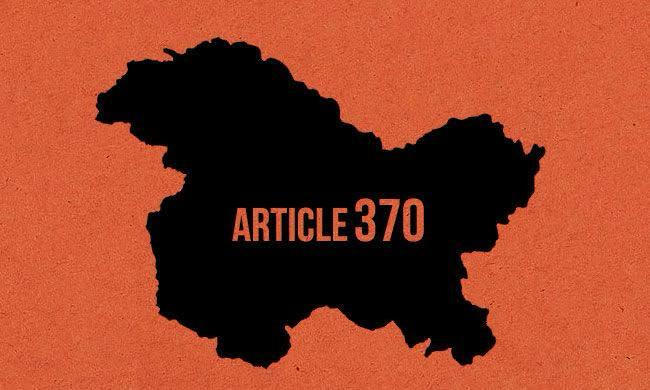
SC Verdict on Article 370: A New Beginning

In a landmark decision, the Supreme Court of India upheld the abrogation of Article 370, marking a significant turning point in
history of Jammu and Kashmir. The verdict has not only closed the chapter of separatism and terrorism but has also sparked a
realisation among the people of Kashmir about the fallacy of autonomy and self-rule slogans. The traditional dynastic political
parties that once thrived on the blood of Kashmir are now grappling with fear as they come to terms with the fact that they can no longer deceive the resilient people of Jammu and Kashmir.
Article 370, a provision in the Indian Constitution that granted special autonomy to the state of Jammu and Kashmir, had long been a subject of debate and contention. On August 5, 2019, the Indian government, led by Prime Minister Narendra Modi, took a bold step by abrogating Article 370, revoking the special status of Jammu and Kashmir. The move was initially met with mixed reactions. While some hailed it as a step towards greater integration and development, others criticised it. But over the years the perception of Kashmiri people transformed drastically when they saw development, prosperity and peace post abrogation of article 370.
After abrogation of article 370, Security agencies have successfully curtailed terrorist incidents and established peace in Jammu and Kashmir. The data revealed by Home Ministry early this year highlighted a notable decline in terrorist activities, with a 54 percent reduction in incidents, an 84 percent decrease in security forces’ fatalities, and a 22 percent decline in terrorist recruitment. A significant decline in the number of terror incidents was seen from 417 in 2018 to 229 in 2021. Additionally, the number of security forces personnel martyred has witnessed a notable reduction, dropping from 91 in 2018 to 42 in 2021. This data underscores a positive trend in the region, suggesting improved security conditions and a decreased threat to the lives of security forces.
The recent decision by the Supreme Court to uphold the abrogation of Article 370 has settled the legal debate surrounding the constitutional validity of the move and at the same time closed the doors for separatist politics. The court’s verdict has reinforced the government’s position and has put an end to any lingering doubts about the legality of the decision. This development has far-reaching implications for the political dynamics of Jammu and Kashmir.
The prolonged debate over Article 370 and the subsequent legal battles have led to a deep introspection among the people of Jammu and Kashmir. The realization that the autonomy and self-rule slogans were mere rhetoric has dawned upon them. The special provisions of Article 370 did not lead to the promised prosperity or development that was often touted by the political leaders advocating for its preservation. Instead, the region witnessed a prolonged period of political instability, economic stagnation, and social unrest.
Now after the SC verdict the common Kashmiri, who had been promised a better future through the preservation of Article 370, has come to understand that true progress lies in integration with the rest of the country. The removal of special status has opened up new opportunities for development and has paved the way for equal rights and opportunities for the people of Jammu and Kashmir.
After abrogation of article 370, There has been significant increase in investment reflecting a transformative approach and a
commitment to fostering economic growth and development in Jammu and Kashmir under the current administration. During the
70-year rule by three prominent families, Jammu and Kashmir witnessed a meager investment of only ₹15,000 crore. In a remarkable contrast, under the leadership of Modi, the region has experienced a substantial boost with an infusion of ₹56,000 crore in just three years.
In Kashmir, for decades, two traditional dynastic political parties, the National Conference (NC) and the People’s Democratic Party
(PDP), dominated the political landscape of Jammu and Kashmir. These parties, led by influential families, often played politics on
the blood of Kashmir, exploiting the sentiments of the people for their own gains. The removal of Article 370 has left these political
entities in a state of shock and fear.
The NC, led by the Abdullah family, and the PDP, led by the Mufti family, had positioned themselves as the champions of Kashmiri identity and autonomy. However, with the abrogation of Article 370, their political narrative has crumbled. The once-powerful leaders find themselves at a crossroads, unable to manipulate the aspirations of the people as they did in the past.
In past few years the integration of democracy at the grassroots level, reaching village panches, sarpanches, Block Development
Council (BDC) members, and Zilla Panchayats was seen. With this approach a broader spectrum of the population is now
actively involved in decision-making and governance. In the past, the concept of ‘jamhooriyat’ (democracy) in Kashmir was confined to the influence of three families, 87 Members of Legislative Assembly (MLAs), and 6 Members of Parliament (MPs). However,
there has been a transformative shift, with democracy now extending its reach to include approximately 30,000 individuals.
With these moves the Kashmir’s dynastic parties have become hysterical and are screaming loud for the restoration of article 370
(whose chapter has been closed forever). The fear griping these political dynasties stems from the fact that they can no longer rely on the crutch of special status to maintain their political relevance.
The removal of Article 370 has dismantled the narrative of perpetual victimhood, forcing these parties to reevaluate their strategies and engage with the people on issues of governance, development, and inclusivity.
Among other things Kashmir Valley is experiencing a significant surge in tourism. Earlier any tourist would think dozens of times before planning to visit Kashmir. With the abrogation of article 370 that fear is gone. The latest statistics from the Jammu and Kashmir tourism department reveal that March 2022 has surpassed the tourist arrival record of the past decade, signaling a positive trajectory for the tourism industry’s recovery.
Union tourism ministry reported approximately 1.42 lakh tourists visiting Jammu and Kashmir in February alone, breaking a seven-
year record. Notably, April 4 of the current year marked a historic day for the Srinagar International Airport, registering its busiest day ever. On this day, 15,014 people traveled on 90 flights, showcasing a robust influx of visitors in and out of Kashmir.
The G-20 Tourism Working Group meeting in Srinagar in May 2023 marked a significant turning point for valley tourism. The
event showcased the nation’s steadfast dedication to transforming a secessionist terrorist region into a place capable of hosting international dignitaries and global events.
This upswing in tourism reflects a revival in the region’s appeal. The positive trends in tourism indicate a promising outlook for Jammu and Kashmir, with hopes for sustained growth and a continued resurgence of the tourism industry. As the region continues to attract visitors, it is expected to not only boost the economy but also create a favorable environment for employment and development.
With the abrogation of article 370, after a lapse of over three decades, public and social life in the former state, particularly in
the Valley, has returned to a state of normalcy without disruptions. In contrast to the period between August 5, 2016, and August 52019, during which 124 civilians lost their lives in protests and stone-pelting incidents involving police and security forces, the
subsequent four years post August 5 have seen a complete absence of such incidents.
With the legal battle over Article 370 settled, Jammu and Kashmir stands at the threshold of a new beginning. The integration of the
region into the mainstream will inevitably lead to a more inclusive and representative political process. The end of dynastic politics,
fueled by the exploitation of identity politics, opens the door for a fresh political landscape where leaders are accountable for their actions and policies. The central government’s commitment to the development of Jammu and Kashmir has been reiterated through various initiatives, including increased infrastructure investments, job creation, and educational opportunities. The focus is on
empowering the local population and creating an environment conducive to growth and progress.
The Supreme Court’s affirmation of the abrogation of Article 370 has closed the chapter on the perceived permanence of this provision, signaling a new era for Jammu and Kashmir. The people of the region are gradually realizing that the slogans of
autonomy and self-rule were nothing more than political rhetoric that failed to bring about meaningful change.
Disclaimer
The opinions expressed in this article are the author’s own and do not reflect the views of Chanakya Forum. All information provided in this article including timeliness, completeness, accuracy, suitability or validity of information referenced therein, is the sole responsibility of the author. www.chanakyaforum.com does not assume any responsibility for the same.
Chanakya Forum is now on . Click here to join our channel (@ChanakyaForum) and stay updated with the latest headlines and articles.
Important
We work round the clock to bring you the finest articles and updates from around the world. There is a team that works tirelessly to ensure that you have a seamless reading experience. But all this costs money. Please support us so that we keep doing what we do best. Happy Reading
Support Us



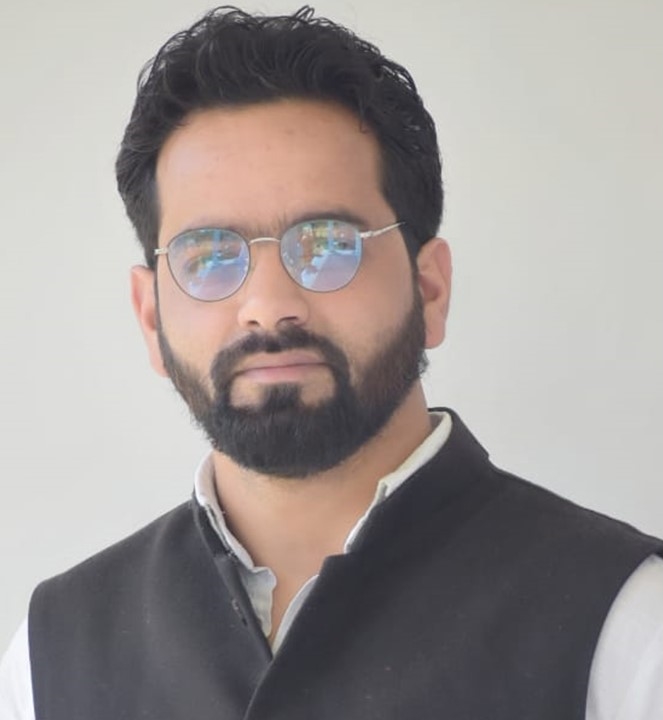


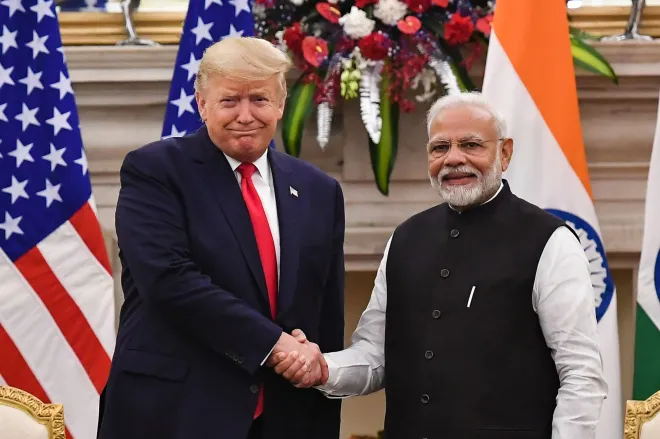
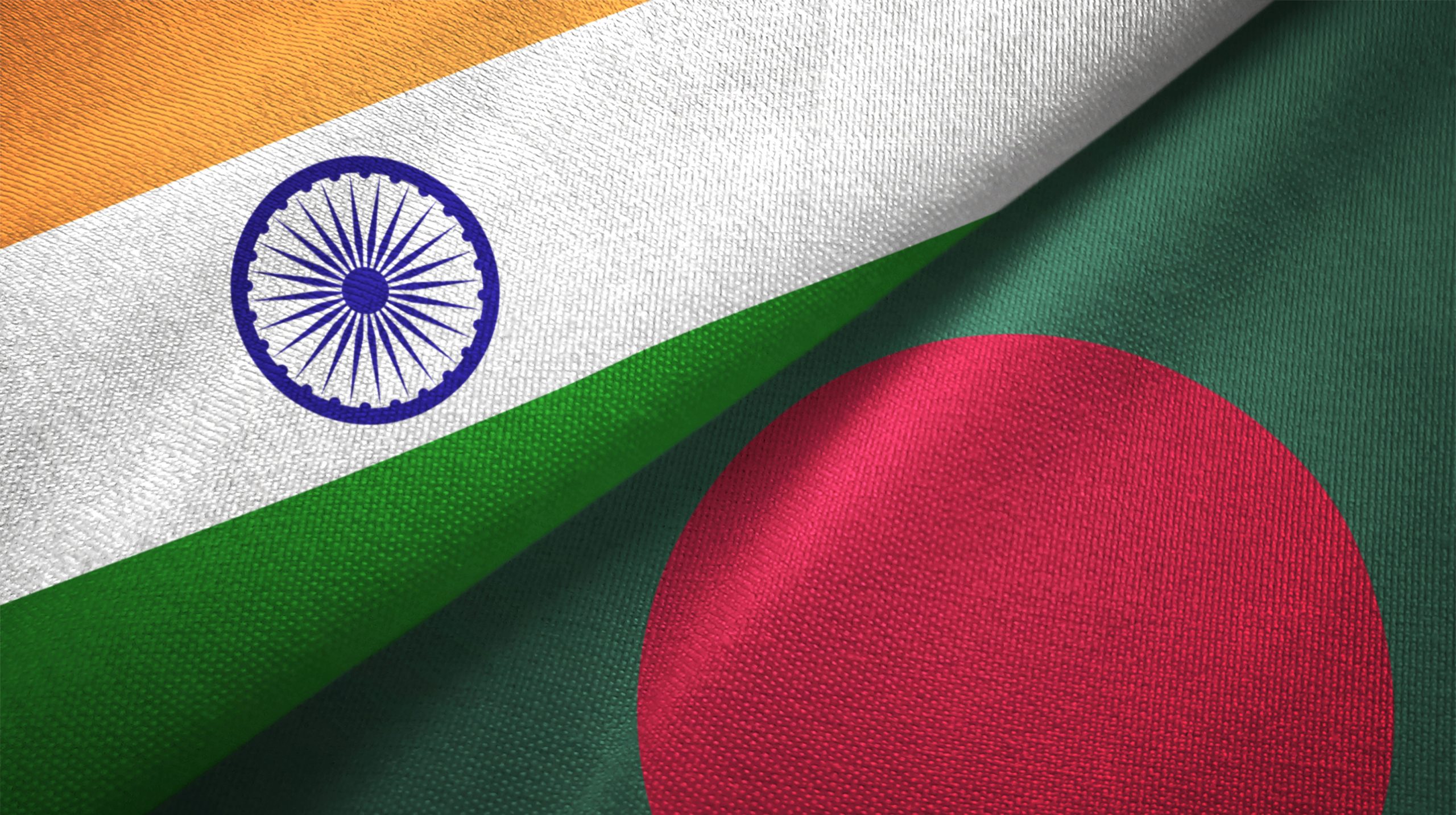
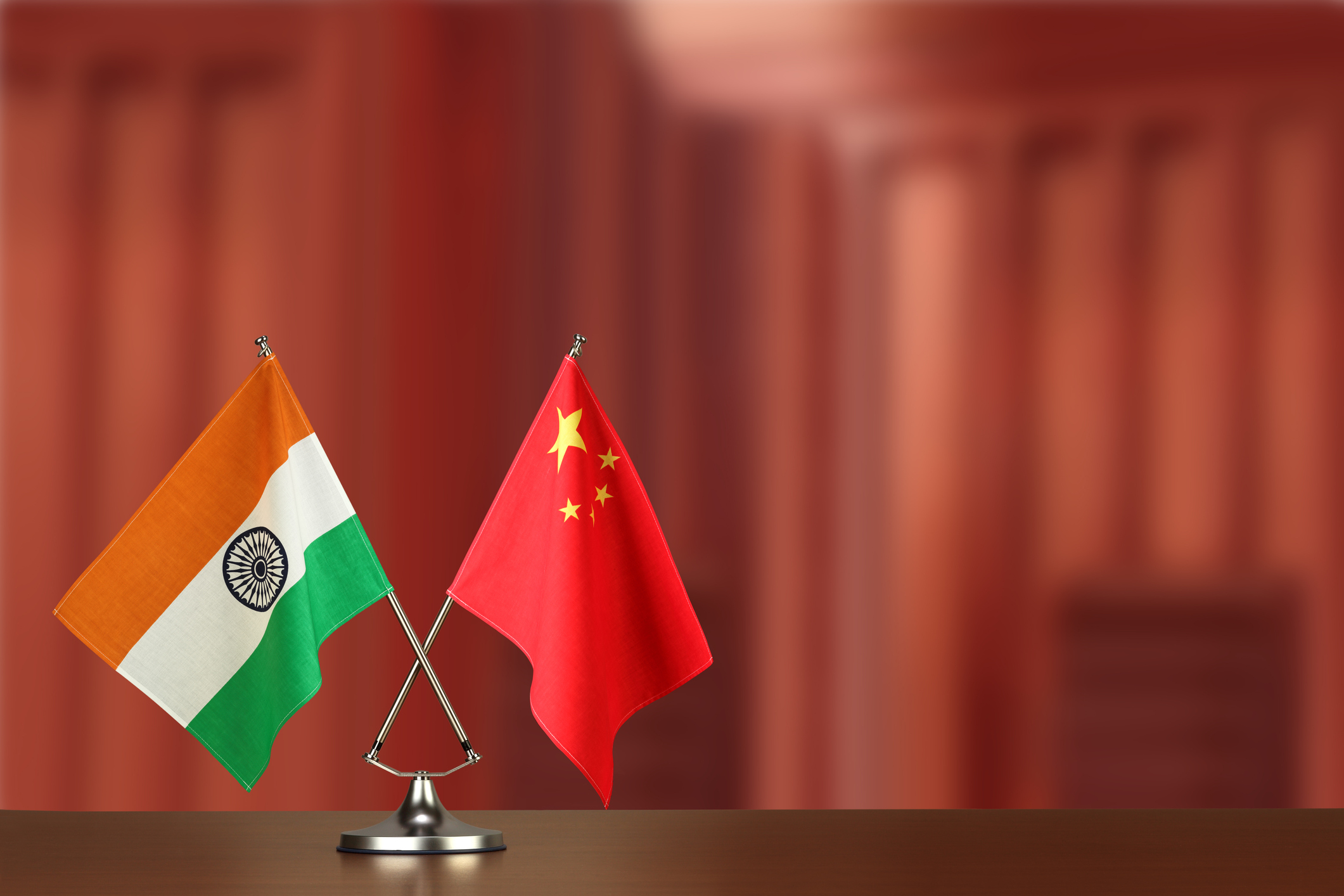




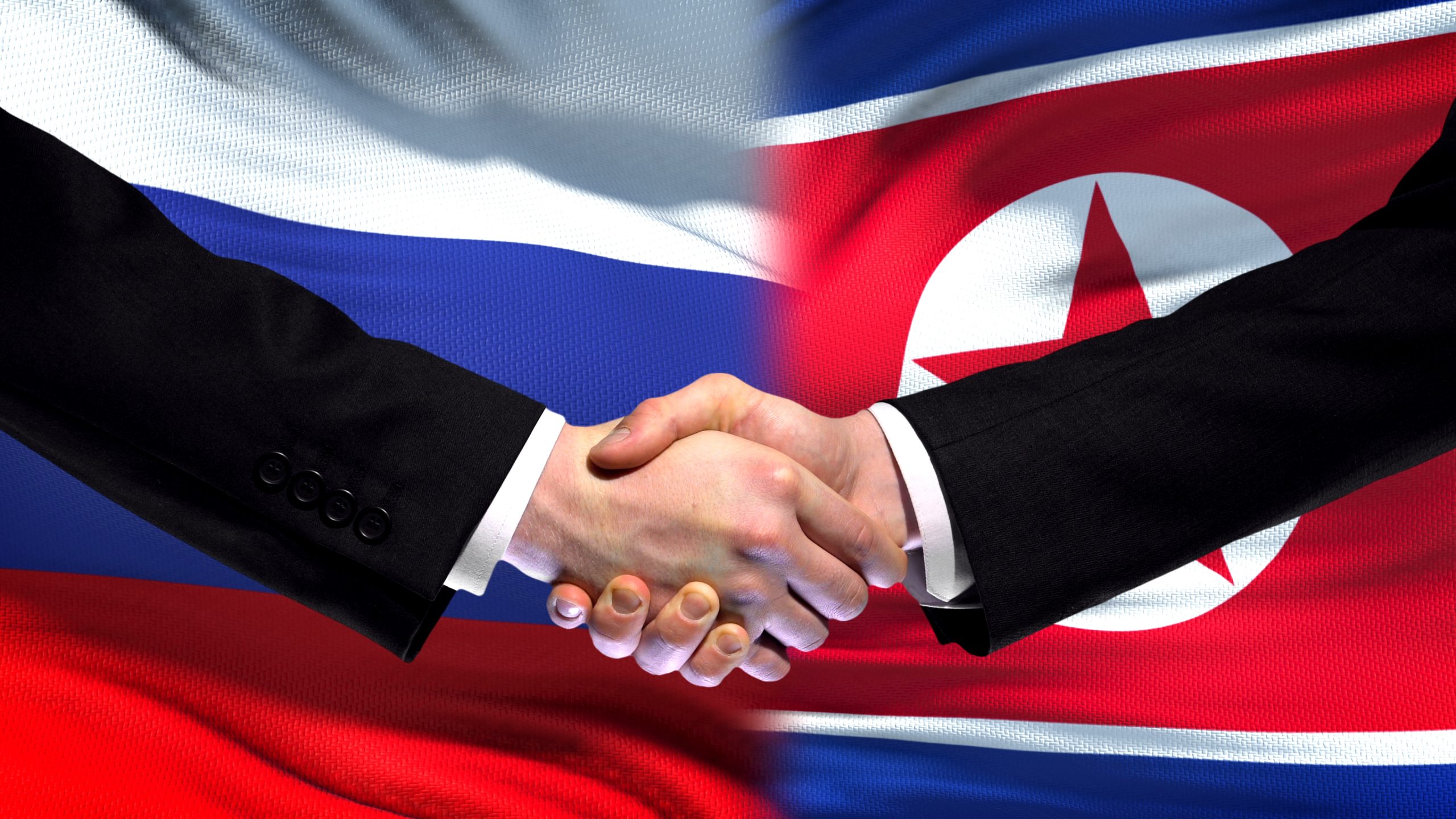
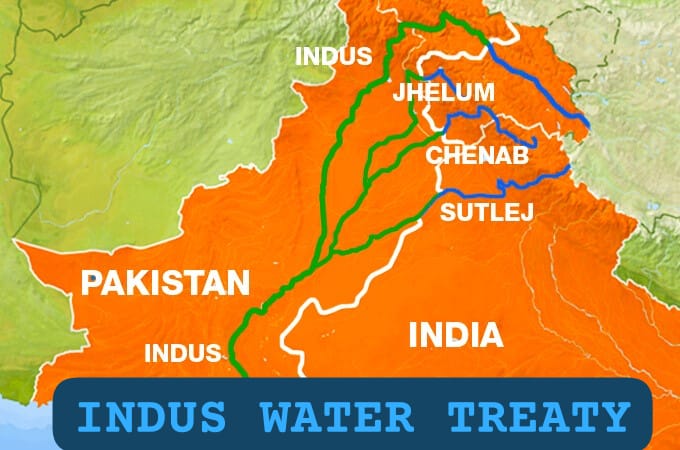






POST COMMENTS (0)